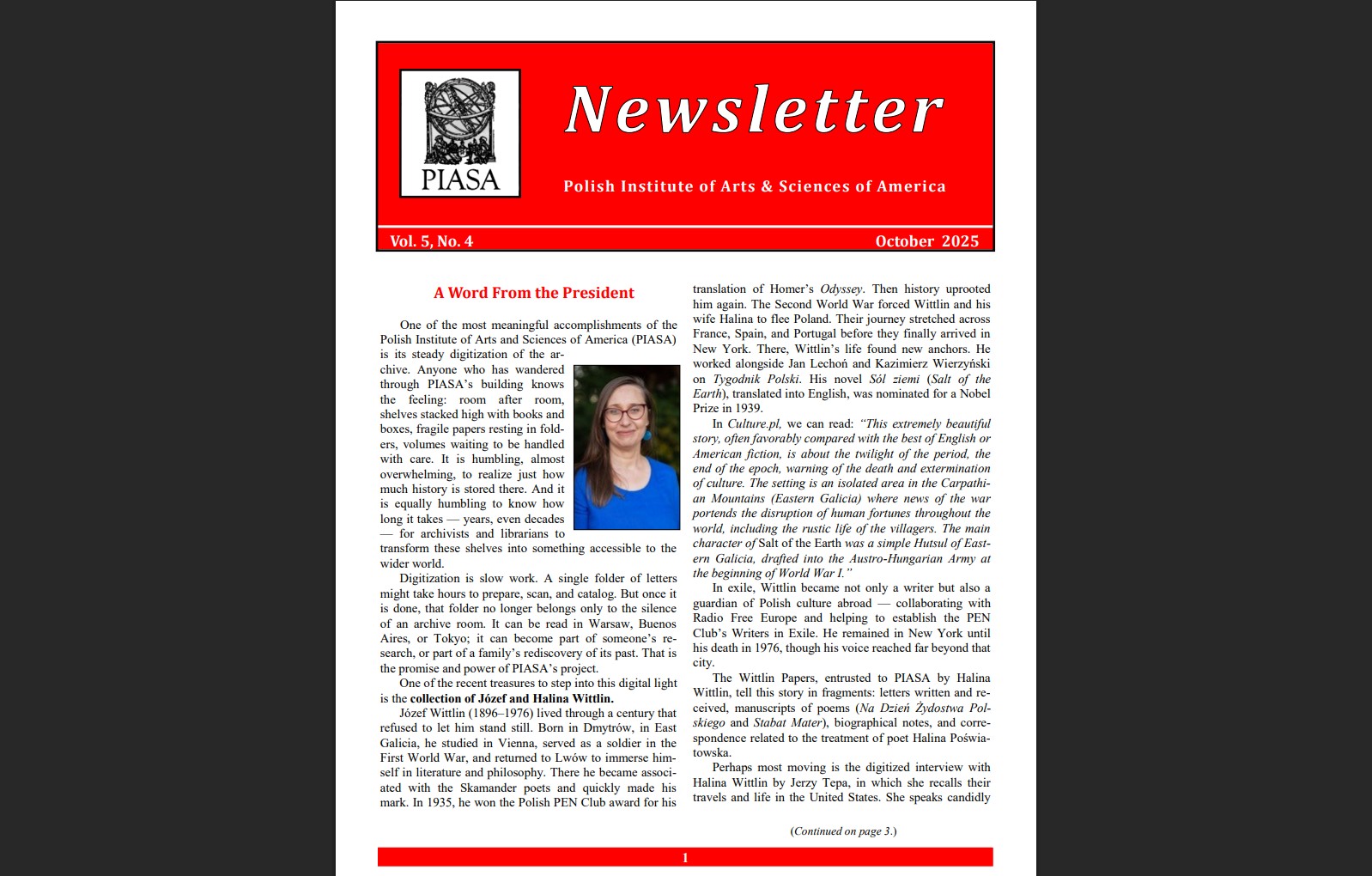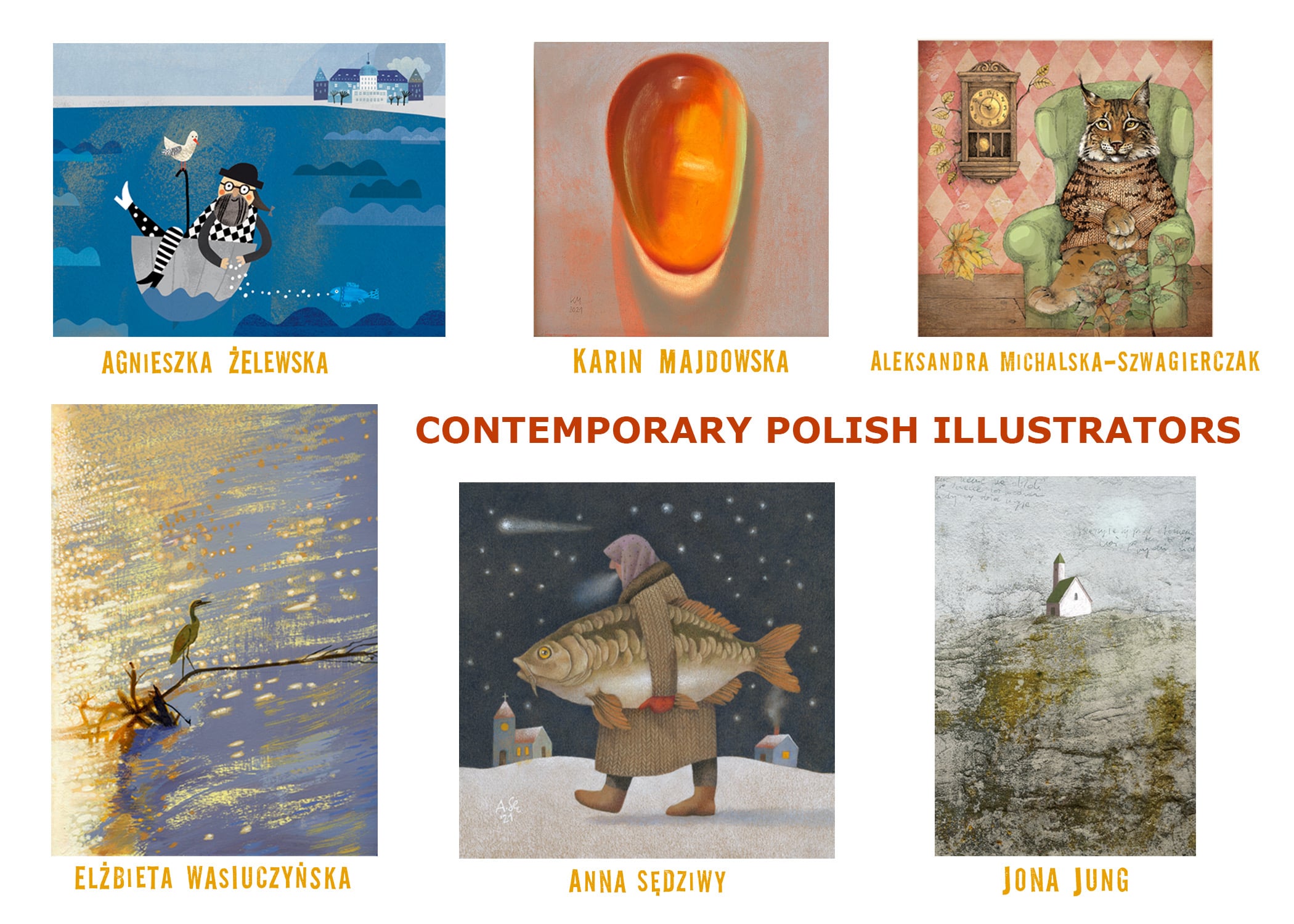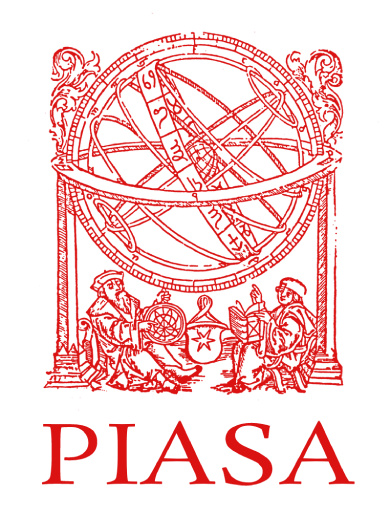Dr. Thaddeus Vladimir (Tadeusz) Gromada 1929 – 2025 We are deeply saddened to share the news of the passing of Dr. Thaddeus Vladimir (Tadeusz) Gromada. His contributions to the academic community and to the preservation of our shared heritage have left an enduring legacy.
Dr. Thaddeus Vladimir (Tadeusz) Gromada, a distinguished historian, educator, and lifelong advocate for Polish history and culture, passed away peacefully on August 11, 2025, at the age of 96.

Born on July 30, 1929, in Passaic, New Jersey, to recent Polish immigrants Jan W. Gromada and Aniela Pudzisz Gromada, he grew up in the shadow of the Great Depression but with a deep pride in his Góral heritage from Poland’s Tatra Mountain region. This pride would shape both his scholarship and his lifelong mission to preserve and promote Polish culture.
The first in his family to attend college, Dr. Gromada earned his B.S. from Seton Hall University in 1951, followed by an M.A. (1953) and Ph.D. (1966) in East Central European History from Fordham University, where he studied under renowned Polish historian Oskar Halecki. His career at New Jersey City University spanned more than three decades, during which he introduced innovative courses on Eastern European history, organized scholarly conferences, and championed multicultural and immigration studies, especially in the context of America’s ethnic diversity.
Dr. Gromada was deeply committed to advancing Polish scholarship in the United States. He served the Polish Institute of Arts and Sciences of America (PIASA) in a variety of positions—including Executive Director, President, and Secretary General—for fifty years, from 1971 until his retirement in 2011. Under his leadership, PIASA strengthened its role as a bridge between scholars in Poland and the United States and expanded its visibility in the wider academic community. In recognition of his decades of service, PIASA established the Tadeusz V. Gromada Award, bestowed occasionally on individuals for exceptional contributions over time as members or officers of the PIASA Board. Recipients of the award are honored at PIASA’s annual conference with a special commemorative plaque.
He was also a past president of the Polish American Historical Association, a trustee and vice-chair of the Kosciuszko Foundation, and a member of the Polish Academy of Arts and Sciences—an honor of which he was particularly proud.
Alongside his sister, Janina Gromada Kedron, he co-edited and published the bilingual quarterlyTatrzański Orzeł / The Tatra Eagle from 1947 to 2019, a unique cultural journal devoted to the folk traditions, history, and diaspora of Poland’s Podhale region. Through this work, Dr. Gromada ensured that Góral culture, music, art, and history remained alive for new generations in both America and Poland.
A respected colleague of figures such as Pope John Paul II and Zbigniew Brzezinski, Dr. Gromada was admired for his intellectual rigor, generosity of spirit, and dedication to preserving the historical truth and cultural heritage of Poland and its people.
In honoring Dr. Gromada’s life, we remember a scholar whose work spanned continents, a cultural ambassador whose leadership enriched the Polish-American community, and a man whose love for history was matched only by his love for his family.
Other News
2025 PIASA Award Recipients
•
February 11, 2026
Newsletter Vol. 6, No. 1 January 2026
•
December 30, 2025
CONTEMPORARY POLISH ILUSTATORS – Art Exhibition
•
November 12, 2025
Newsletter Vol. 5, No. 4 October 2025
•
September 26, 2025
Get Connected








